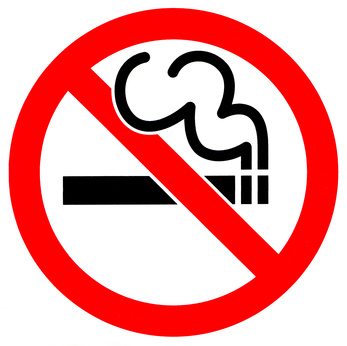Preparing for Plastic Surgery
Bloomfield Hills, MI – So you’ve made the decision to undergo plastic surgery. Congratulations! Plastic surgery can improve your life by helping you look and feel your best, but it is important to remember that any surgery is a serious procedure. There are several things you should do to prepare.
“I like to make sure that all of my patients are well-prepared, both mentally and physically, prior to their surgery,” says Dr. Ali, a Michigan plastic surgeon. “We want to ensure the best results following your procedure, so there are a few things you should do beforehand for that to happen.”
Three weeks before your surgery
- Stop smoking. Smoking can cause serious complications because it constricts blood flow. Serious complications can happen during your procedure, and smoking following your procedure can impede healing. Do not resume smoking until your surgeon gives you permission. This will ensure your incision heals correctly.
- Stop drinking. Drinking, like smoking, can slow down your body’s ability to heal and can also lower your immune system. Alcohol can also thin the blood, making you more likely to bleed excessively during your procedure.
- Make a list of any medications you take, including over-the-counter and herbal remedies. Some medications can interfere with proper blood clotting, or anesthesia. Providing a complete list of medications will prevent negative interactions.
- Be sure you are eating a healthy diet. Salicylates can be found in many foods, and can affect the blood and lead to excessive bruising. Cut out foods such as tea, coffee, dried herbs, black pepper, strawberries, cherries, tomatoes, and fruit juices.
Two weeks before your surgery
- Stop taking any medications that could lead to excessive bleeding. These include aspirin and ibuprofen, anti-inflammatory drugs, anti-coagulants, and internally ingested vitamin E.
- Increase your vitamin intake. Vitamin A can boost your immune system, while vitamin C can boost wound healing properties. Bromelain can help reduce swelling. If you have any questions, ask your surgeon which vitamins will be most helpful.
One week before your surgery
- Limit your sodium intake. Sodium can lead to swelling, and may prevent your body from healing as quickly as it otherwise would.
- Eat a healthy diet, rich in fruits, vegetables and protein. What you eat can be a great help in your healing process.
- Fill all prescriptions. This can be helpful, and prevent you from having to run to the pharmacy while recovering from a tummy tuck or other procedure. You may experience pain after your surgery, and will want all medications ready right away.
- Buy any post-surgical garments you may need. Some procedures require special garments to aid in healing. If your surgeon’s office doesn’t provide those, be sure you purchase them before the day of your surgery.
- If you are having a facelift or other facial procedure and color your hair, you may want to schedule a touch-up appointment as close to your surgery date as possible. You won’t be able to visit the salon until your incision has completely healed, so it may be a while until you can have your hair touched up.
In the days leading up to your surgery, be sure you are using a plain soap to clean the surgical area well. If you are having a breast augmentation, do not shave under your arms in the days leading up to your surgery to limit your risk of developing an infection.
The night before your surgery, be sure to get plenty of rest. You won’t be able to eat or drink anything for 12 hours before your procedure to avoid risks with your anesthesia. If you are having facial surgery, you may wash your hair the night before, but avoid putting any hair spray or other product in.
Be sure you’ve made arrangements for someone to drive you home following your procedure.
The day of your surgery you may brush your teeth as normal. Do not use make-up, deodorant, lotions, or other beauty products. Remove all jewelry. If you wear contacts, take them out and wear your glasses for the day. Loose fitting clothing will be the most comfortable following your procedure. If you are having a facial procedure, you may wish to have a scarf and/or dark glasses to wear after.
If you have any questions about how to prepare for your surgery, don’t hesitate to ask your surgeon. Failing to follow your surgeon’s instructions can impede your body’s ability to heal, and may impact your results.
© 2016 Millionairium and Dr. Ali. Authorization to post is granted, with the stipulation that Millionairium and Dr. Ali are credited as sole source. Linking to other sites from this document is strictly prohibited, with the exception of herein imbedded links.





